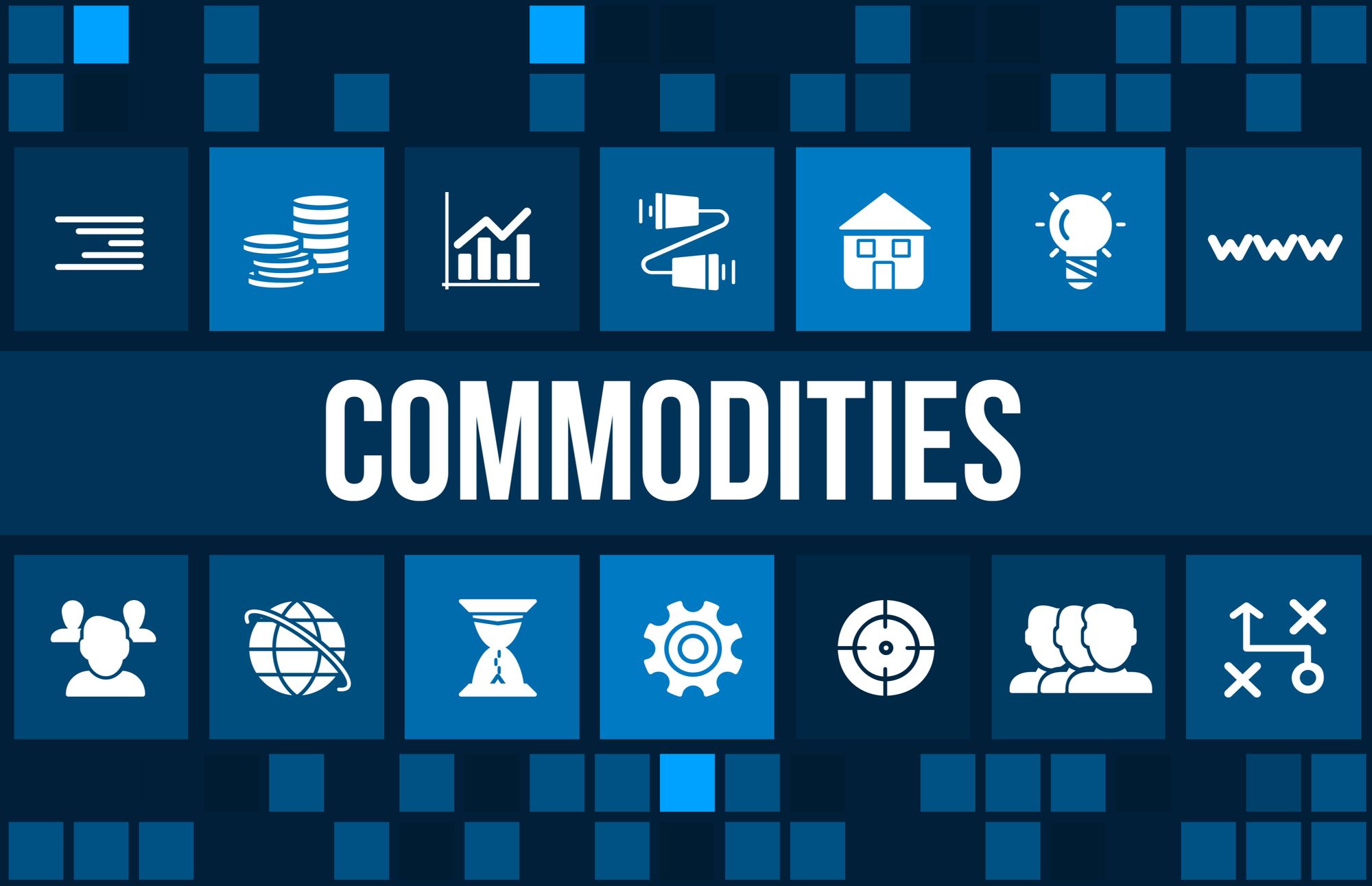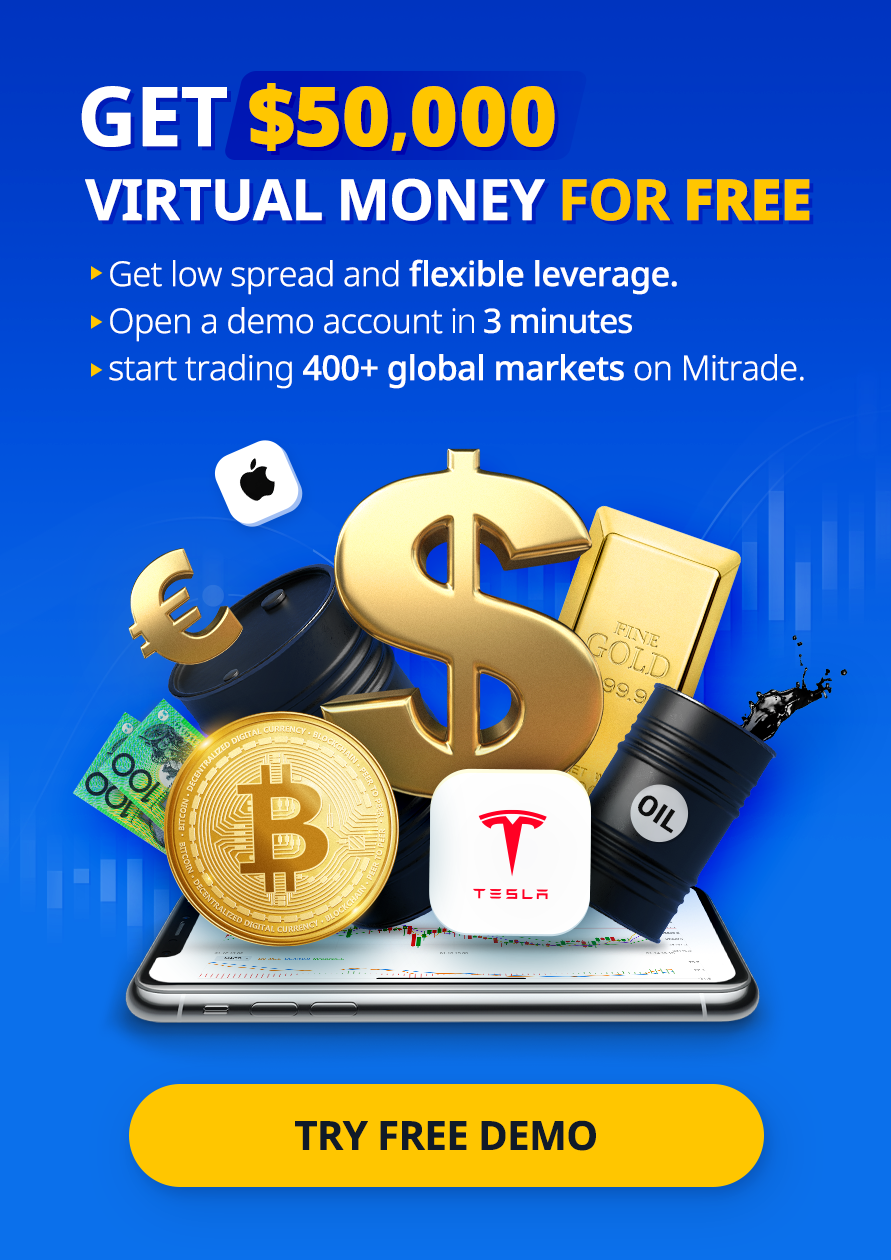What is Commodity Trading? What are the best Commodities to trade in India?
What is Commodity Trading? What are the best Commodities to trade in India?

What is Commodity Market?
Just like any other marketplace, commodity market is a place where you buy, sell and trade raw materials like Crude Oil, Precious metals or Agriculture. Commodity trading can be broadly grouped in into three categories, namely agriculture, Metals and Energy. These are the hard assets you can touch physically, unlike stocks or Forex. For investors, commodities offer attractive potential returns and diversification, and are often used as a tool to hedge against inflation.
Prices for commodities are mainly based on supply and demand factor. Simply put, Commodity prices will rise with scarcity and will fall sharply with surplus supply. The prices of soft commodities also depend on weather conditions. Hard commodities, however, depend more on the business cycle. At the same time, seasonal effects play an important role in all markets. For example, the demand for heating oil rises sharply in the winter, while agricultural markets are dependent on seeding and harvesting cycles.
Types of Commodities:

1) Energy
Commodities such as oil and natural gas and petroleum which are used to generate energy comes under this category. Global energy consumption has more than doubled in the last few decades. Oil remains one of the most important energy sources. Over 50% of global oil reserves are located in the Middle East, which is therefore a major exporter of oil, while the US and China are significant importers. Energy is highly dependent on global economic growth but is also sensitive to geopolitical events.
2) Precious Metals
Gold, silver, and platinum are one of the most important precious metals. Demand for precious metal can be of two types, it will either by the industry or jewelry industries or it will be by the investors. The physical demand depends above all on economic growth, while investor demand is based on interest rate developments, currency fluctuations, and the level of inflation. In addition, gold is an attractive investment in times of market uncertainty, but provided all that gold investment still can be volatile under great economic pressure or debt.
3) Agriculture
How Commodities are traded in India?

To start commodity trading in India, you have to learn how to trade in commodity exchange market. A commodity exchange is a regulated market where the trading of commodities takes place. Commodity trading does not necessarily mean you have to buy the physical products, instead you can deal in Futures Contract. It’s a contract where both the party agrees to buy or sell fixed quantity of a commodity at a pre-decided price and within a mentioned expiry date. Commodities are traded on regular basis which eventually result in fluctuation of price for essentials like gas and food products.
Followings are the Commodity exchange market which regulates all the tradings:
Multi Commodity Exchange of India Ltd (MCX)
National Commodity and Derivative Exchange (NCDEX)
Indian Commodity Exchange (ICEX)
National Stock Exchange (NSE)
Bombay Stock Exchange (BSE)
What commodities are traded in India?
In 2015, Financial Minister, Shri Arun Jaitley unveiled the historic merger of Forward Markets Commission (FMC) with Securities and Exchange Board of India (SEBI) at an event in Mumbai. The two parties singed and marked the merger of Commodity Exchange and opening of trade in India.
According to the regulation, the trade must undergo a standard agreement so that it can executed without any physical examination.
Followings are the list of commodities which are best to be traded in Commodity exchange market of India:
| Metals | Gold, Silver, Copper, Zinc, Lead, Nickel, Brass. Some exchanges list gold and silver in the Bullion category. |
| Agricultural | Palm Oil, Castor oil, Rubber, Rubber, Black Pepper, Cotton, Kapaas, Guar, etc. |
| Foodgrains | Maize, Rabi, Chana, Moong, Barley, Wheat, Paddy (Basmati), etc. |
| Energy | Natural Gas, Crude oil. |
Conclusion:
Like in any other market, commodity trading in India is one of the safest options to invest. As India is a developing market, the inflation rate will rise further, i.e. there will be more opportunity for commodity traders to benefit from the inflation. Traders can also take advantage of uncertain geopolitical events such as wars and famines. During these events, the supply of goods gets constricted, and you can make big profits from the resulting shortages. But however, as an investor you should always that there will be a risk factor. It is highly advisable to keep monitoring the market news and prepare for the unexpected.
The content presented above, whether from a third party or not, is considered as general advice only. This article does not contain and should not be construed as containing investment advice, investment recommendations, an offer of or solicitation for any transactions in financial instruments. Mitrade does not represent that the information provided here is accurate, current or complete. For any information related to leverage or promotions, certain details may outdated so please refer to our trading platform for the latest details. *CFD trading carries a high level of risk and is not suitable for all investors. Please read the PDS before choosing to start trading.
- Original
- Trading Analysis
Risk Warning: Trading may result in the loss of your entire capital. Trading OTC derivatives may not be suitable for everyone. Please consider our legal disclosure documents before using our services and ensure that you understand the risks involved. You do not own or have any interest in the underlying assets.


